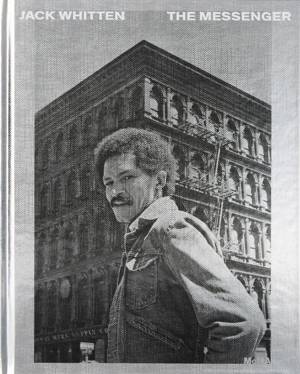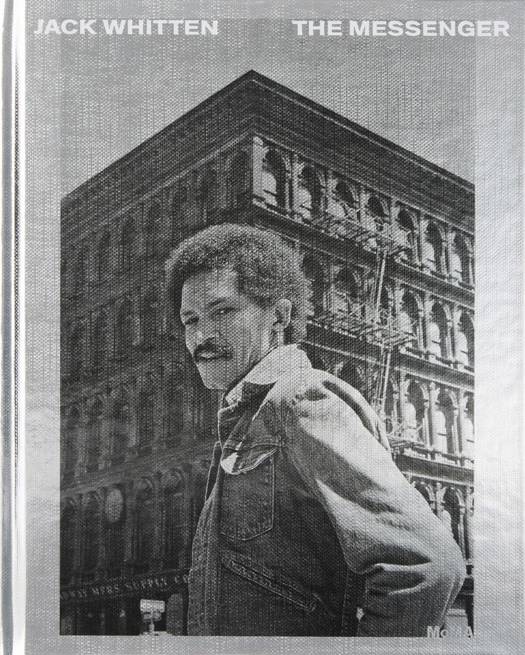
- Afhalen na 1 uur in een winkel met voorraad
- Gratis thuislevering in België vanaf € 30
- Ruim aanbod met 7 miljoen producten
- Afhalen na 1 uur in een winkel met voorraad
- Gratis thuislevering in België vanaf € 30
- Ruim aanbod met 7 miljoen producten
Jack Whitten: The Messenger
the messenger
Mark Godfrey, George E. Lewis, Glenn Ligon, Richard ShiffOmschrijving
The first full retrospective of Whitten's dazzling and trenchant abstraction from the 1960s-2010s, which transformed the relationship between art, race and society
Jack Whitten offered the world a new way to see. Over nearly six decades, he dared to invent new forms of abstraction, constantly transforming both perception and our understanding of art in society. This gorgeously illustrated volume, with pathbreaking new perspectives and revelatory technical analyses of his innovative materials and processes, explores Whitten's wide-ranging and game-changing practice.
Raised in the segregated Jim Crow South in the 1940s, Whitten undertook an extraordinary journey in becoming an artist, convinced that by changing form, he could help change the world. Despite pressure from peers to create figurative art, he was a key proponent of creating abstract art that responded to social turmoil; to his own identity as a Black artist; and to sea changes in technology. He created new ways of painting through a series of artistic inventions and strategies. He defied traditional boundaries between abstraction and representation, pictures and things, culture and technology, individual identity and global history.
Published to accompany the first comprehensive retrospective of Whitten's art, this sumptuous catalog presents the full range of his career across painting, sculpture and works on paper, produced in New York and Greece, with texts by leading art historians and artists, and new technical analyses by conservators. Previously unpublished writings by the artist and an expansive chronology of Whitten's life, featuring newly discovered photographs and archival materials, bring into focus an artist who was as committed to human perception as to human rights, becoming one of the most important artists of our time.
Jack Whitten (1939-2018) was born in Bessemer, Alabama, and began his studies in medicine at the Tuskegee Institute. After moving to New York in 1960 to attend the Cooper Union for the Advancement of Science and Art, he became a leading artist in the wake of Abstract Expressionism, and of a generation of Black artists committed to abstraction. Whitten lived in New York until his death.
Specificaties
Betrokkenen
- Auteur(s):
- Uitgeverij:
Inhoud
- Aantal bladzijden:
- 304
- Taal:
- Engels
Eigenschappen
- Productcode (EAN):
- 9781633451704
- Verschijningsdatum:
- 22/04/2025
- Uitvoering:
- Hardcover
- Formaat:
- Genaaid
- Afmetingen:
- 251 mm x 312 mm
- Gewicht:
- 2063 g

Alleen bij Standaard Boekhandel
Beoordelingen
We publiceren alleen reviews die voldoen aan de voorwaarden voor reviews. Bekijk onze voorwaarden voor reviews.








